Pennies’ 2025 survey reveals rising public support for everyday giving, as more consumers look to donate digitally this Giving Tuesday.
Viewpoint: Talking cashless with Alison Hutchinson, Pennies CEO
If you believe the buzz, we’re closer than ever to a so-called cashless society. And if you, like us at Pennies, always have one eye on the payments sector, it seems not a week goes by without another cashless news story popping up, from mobile payments to wearable tech.
But what does this move mean for giving, and will it affect how, and how much, money can be raised for charities in the current climate?
A recent survey by MasterCard (which enables Pennies in The Fragrance Shop’s stores) reveals that half of adult Britons now carry less than £5 cash on them at any time – using cards instead. MasterCard’s research also concluded that a remarkable 24% of consumers think cash will cease to exist completely within their lifetime.
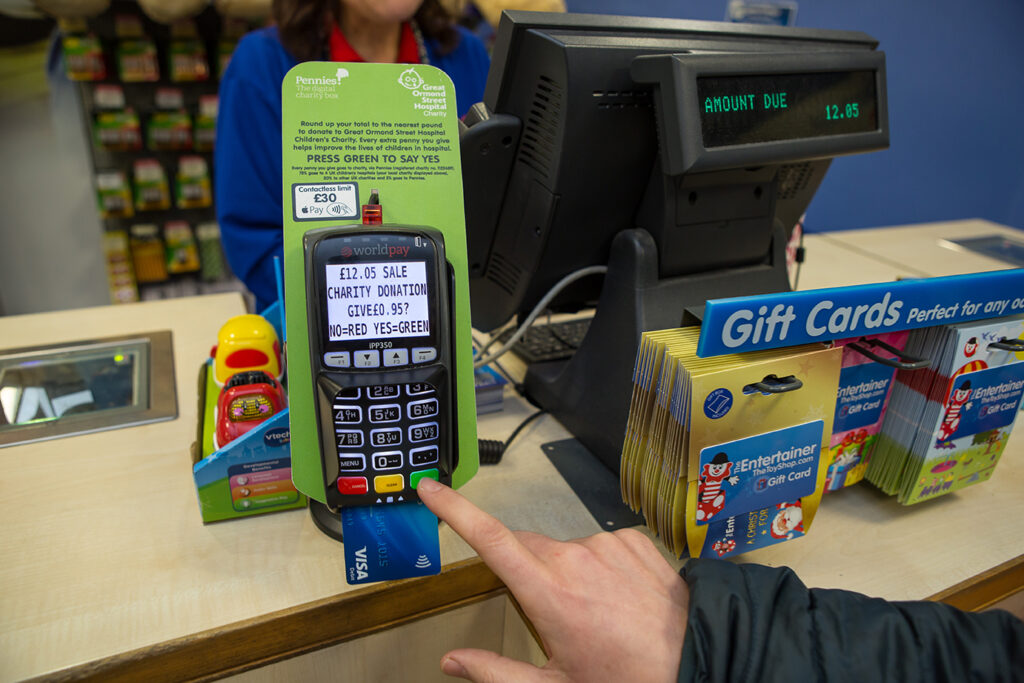
Meanwhile Apple CEO Tim Cook told the Nikkei Asian Review in October 2016 that he’d like Apple Pay “to be a catalyst for taking cash out of the system”, and that the multinational tech company thinks consumers aren’t that keen on cash anymore anyway.
When we caught up with Dave Birch, Head of Innovation at Consult Hyperion, almost a year ago, he reiterated his belief that ‘identity is the new money’, extending the more generally accepted current thinking that it’s simply cash alternatives (whether card, mobile or wearables) that are the future. Birch asserts that cash will in fact come secondary to individuals simply ‘verifying’ themselves to a merchant using, for example, their online identity.
What does all this mean for budding donors who like to give spontaneously?
While cash is still the most popular way to give to charity (according to CAF’s annual UK Giving report) there is undoubtedly an appetite for digital giving – in 2015 16% of people gave to charity online in some form, and 16% also gave to charity using a debit card. While digital giving might be a little behind the pace of non-cash spending in other industries, there’s an undeniable trend towards cashless in the third sector too, and it’s a necessary trend!
As consumers carry less and less cash, they’ll also have less small change to donate. Charities and their corporate partners must react accordingly, finding a way to keep alive the UK’s most popular way to give – dropping a few coins in a collection box if and when they want to.
At Pennies we’ve been pioneering cashless giving through payments since 2010 and are excited that our next stage, with partner Worldpay, will be Pennies’ first contactless solution in early 2017. With the number of contactless cards in circulation growing 2.1% month on month, it’s another crucial area for all charities to keep an eye on in the immediate future.

There are still plenty of hurdles before cashless living becomes ubiquitous, including security concerns and varying levels of engagement in the payments and retail industries. But here at Pennies, we’re meeting the growing trend with enthusiasm in our mission to make it as simple as possible to give without cash.
For those companies leading the revolution in payments and technology, there is a real opportunity for you to partner with Pennies which allows you to add value to your technology, win new business, and most importantly help raise life-changing funds. For more info, visit our Payments & Technology section, and drop us a line to find out how to get involved in something amazing.
Alison Hutchinson, CEO, Pennies
Read more from Pennies.
UK Giving is Evolving as Micro-Donations Gain Momentum
Pennies’ 2025 survey reveals rising public support for everyday giving, as more consumers look to donate digitally this Giving Tuesday.
Despite cost-of-living pressures, more people are giving to charity digitally than ever before
Pennies, the award-winning fintech charity, found in a survey that 48% of UK consumers would be more likely to micro-donate if they knew giving just 35p a week could raise £1 billion annually for charities.
Coventry Building Society CEO boosts Pennies advisory board
Steve Hughes, Chief Executive Officer and Executive Director of Coventry Building Society, has joined the Advisory Board of Pennies – the UK’s leading micro-donation fintech charity.



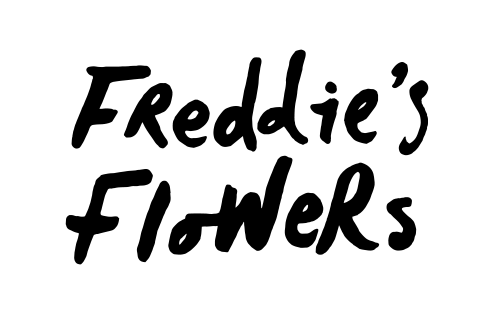
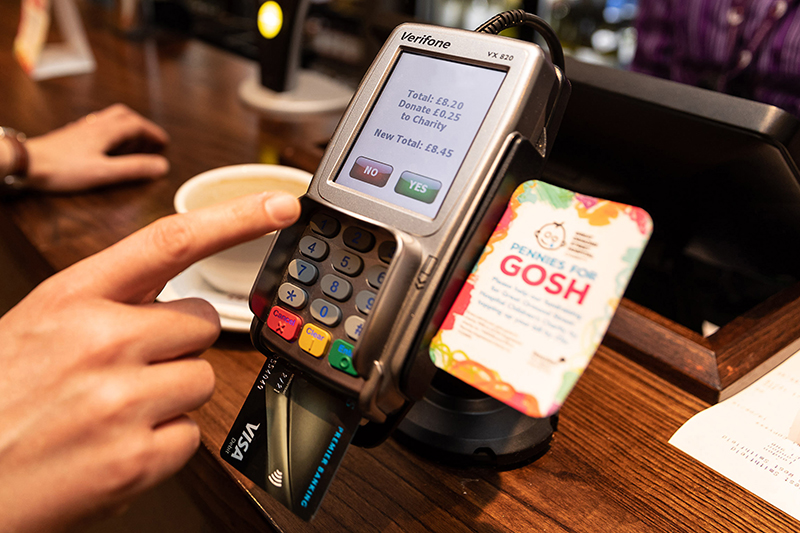
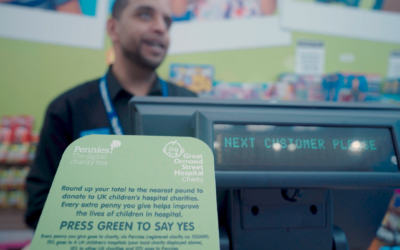


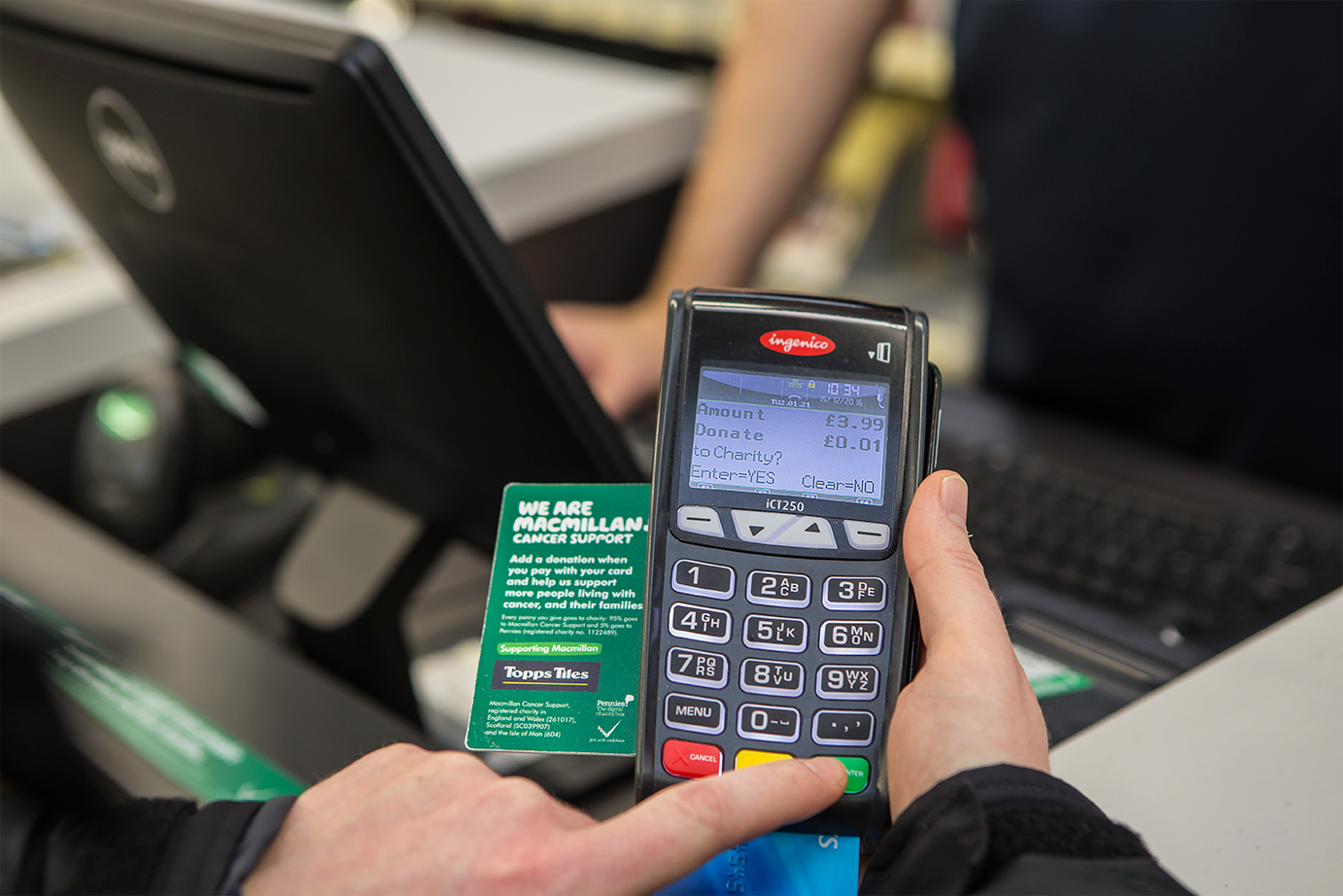



0 Comments